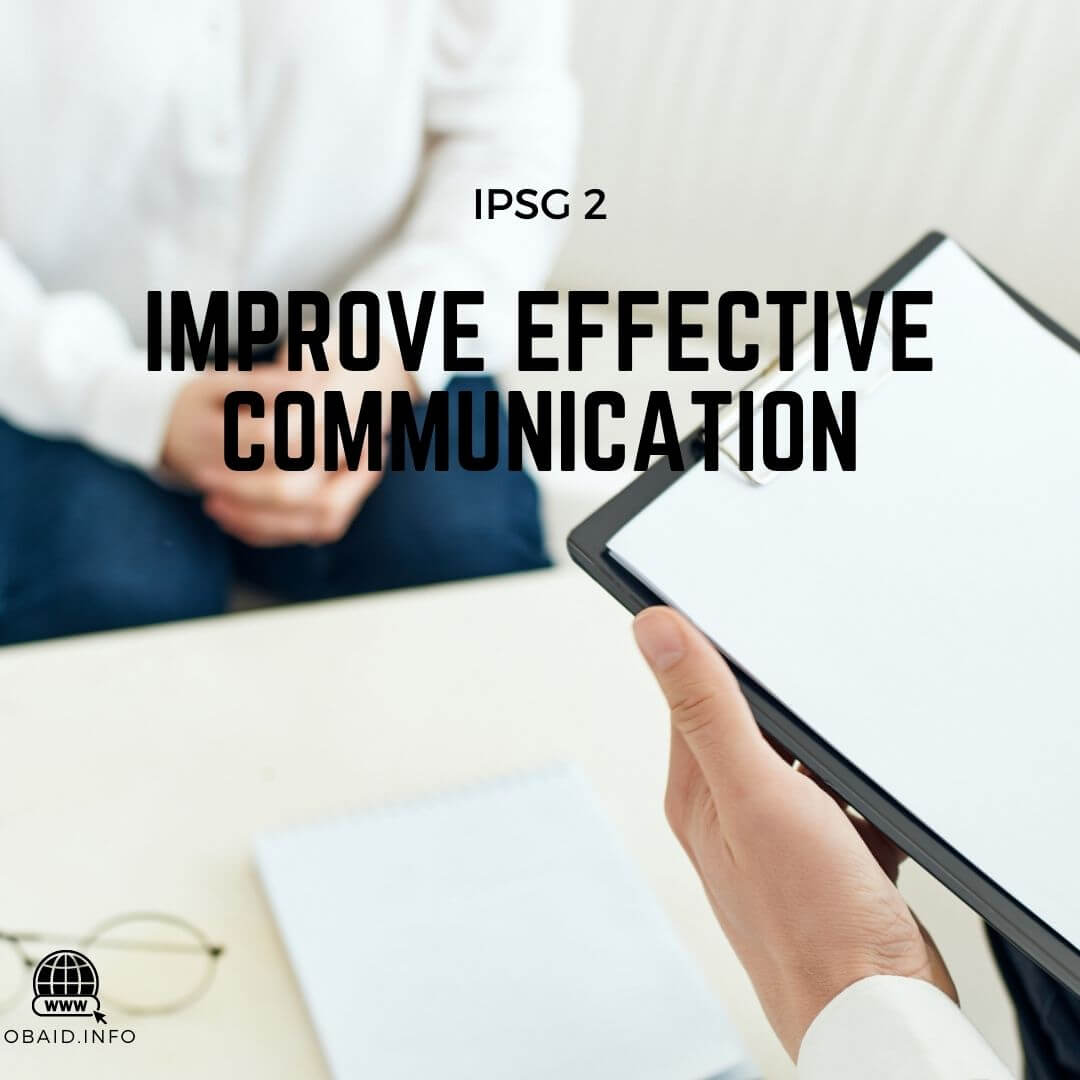What does an acronym RCA stands for?
Obviously, it’s for root cause analysis.
What is for the purpose of root cause analysis?
The focus should be finding the faulty individual, improve the systems of what this must be the error or deviate attention from staff. Basically, the aim is to improve systems. We’re trying to avoid the blame or being to shoulder our responsibility to someone else. No, it is our responsibility and we’re taking care of it.
How can I decide to tell a patient about medication errors?
We have an ethical duty to disclose information about medical mistakes we or other colleagues have done to their patients? Upon disclosing mistakes to patient might undermine their trust in physicians and the medical system. We have discovered that in the ethical issues, but there are more issues for discussion.
What if I see someone else making a mistake?
Because this is the focus of more elaboration or more discussion, and just try to probe you to read more about the topic.
So yes.. we should report it.
My take home messages for the whole subject are as follows:
Errors may and probably will happen whether we like it or not. But they are mostly preventable, by preventable we mean we can do something to prevent them from happening. We have to learn how to prevent them, but also to learn from them. When they happen, we should take the chance of medical error to learn and to deal with the whole thing in a professional manner in a way that improves the whole experience.
Avoid the blame / shame environment, errors are chances to learn if dealt with correctly. It is an important chance for everybody to learn from these mistakes and by the way, many of the huge improvements that’s happened in clinical practice were result of medical errors like advanced life support, the oximetry and many other interventions which are now required because they came from previous medical errors. So it is important errors can be a chance to improve our practice. We need to be accountable for our decisions.
If you make a bad judgment or you committed a mistake, then simply admitted and talk to the patient and have the guts and the courage to talk to a patient about it professionally with empathy, and with hope that this would not lead to severe damage to you or for the patient, obviously. And again, remember, this is part of the price that we have to pay as part of being clinical practitioners whether nurses or physicians or surgeons or pharmacists. And it’s important to be fair, not only to your patients, but also to your colleagues.
”
Be kind to your colleagues, even if they make mistakes, and be supportive. It’s very important also to create this environment where people feel safe to learn from that and also, we obviously need to be fair to our patients as well.
<
p style=””>Obaid // Author











